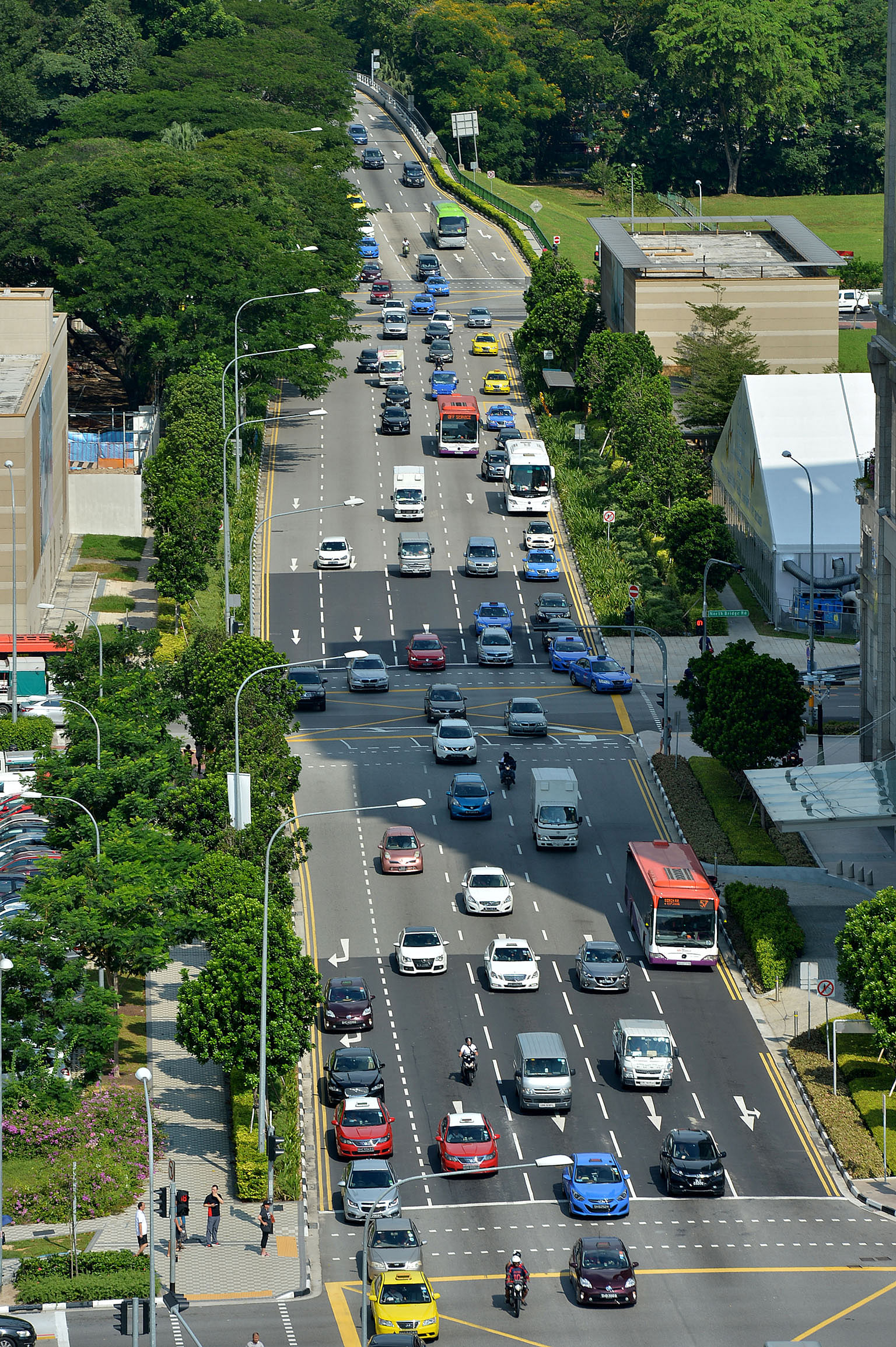6,132 cars get COEs extended in 1st quarter
Figure nearly six times the number from same period last year, cutting scrap car total by 20%
Sign up now: Get ST's newsletters delivered to your inbox
Follow topic:
More than 6,100 motorists extended the lifespan of their cars in the first quarter of this year - nearly six times the number in the corresponding period last year.
That translates to one in five cars which had reached the end of their 10-year tenure during the period.
Each certificate of entitlement (COE), which motorists must secure via a fortnightly auction before they can own a vehicle in Singapore, lasts for 10 years.
If owners want to keep their vehicles for a longer period, they must revalidate their COEs by paying the prevailing quota premium - an average of prices in the preceding three months.
The latest available data from the Land Transport Authority showed that 6,132 cars had their COEs revalidated in the first three months. In the same period last year, 1,056 car COEs were revalidated.

number is almost two-thirds of the full-year total for last year, and almost three times the annual average for the past 10 years.
If the trend continues for the rest of the year, about 25,000 cars would cross their 10th year, in effect doubling the population of such old cars on the road.
Dr Walter Theseira, an economist at SIM University, said the trend is driven by consumer expectations.
"The expectation is that COE prices will soften considerably within the next few years, and the cost of revalidation is expected to be less than the potential difference in COE prices," he said.
"Of course, this behaviour, while individually rational, may not lead to the expected outcome in aggregate because if everyone revalidates his COE, the COE supply from deregistrations shrinks dramatically and the expected fall in COE prices will not occur."
Dr Theseira said the economic consideration has not been a strong motivation for revalidating COEs historically "because of the significant social premium placed on owning newer cars".
"Yet, owning an older car is the norm in most car-owning societies, with the average age of a car being close to 10 years or even older in many countries," he added.
SIM University senior lecturer Park Byung Joon said COE revalidation is "an attractive option".
"Today's cars can last longer than 10 years. You can drive your car for five more years for less than $25,000.
"After factoring in the scrap value of your previous car (which is forgone in a revalidation), the annual depreciation can be as low as $6,000."
Dr Park added that the uncertain COE market may drive more people to revalidate.
"We all thought COE prices would gradually drop as COE supply grows. However, the surge in the private-hire car business and recent policy changes in car loans are causing an unexpected upward pressure on COE prices," he noted.
"By extending their COEs, consumers gain much more flexibility on when they will replace their cars." But more extensions mean fewer COEs available for future car buyers, he added.
Indeed, the 6,132 revalidations in the first quarter cut the number of cars scrapped in the period by 20 per cent. In other words, one in five motorists with cars which had reached the end of their 10-year tenure chose revalidation over buying a new car.
Motorist Joe Ng said the trend may slow down, though. He said the recent surge in revalidations was due to the high down payment car buyers needed to fork out.
"Coming up with $50,000 down payment is a tall order for most people," the 54-year-old insurance agent said, referring to the Monetary Authority of Singapore's previous car loan curb, which was relaxed last month.
"With the recent easing of MAS rules, things may change," Mr Ng said. He added that he would not revalidate his COE unless premiums plunged.
The record year for COE revalidation was 2007, when commercial vehicle owners extended the lifespan of nearly 30,000 vans, trucks and buses after a sustained crash in the commercial vehicle premium.
The crash was triggered by a premature roll-out of the Euro 4 emission standard for diesel vehicles. All the major sellers could not meet the deadline, and did not have any Euro 4-compliant models to sell.
The overnight drying up of sales caused premiums to crash to $1 for six consecutive tenders up to March 2007.

